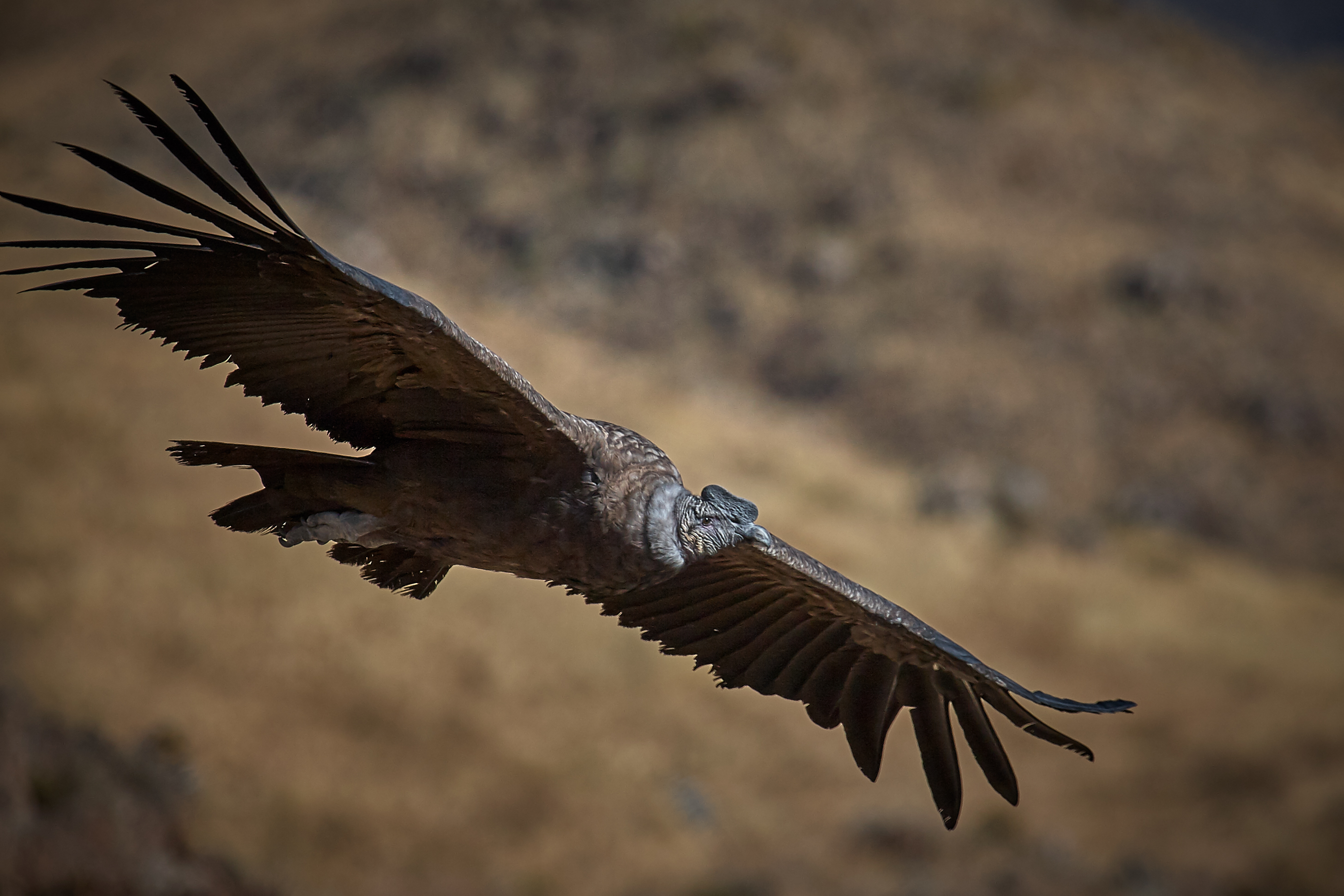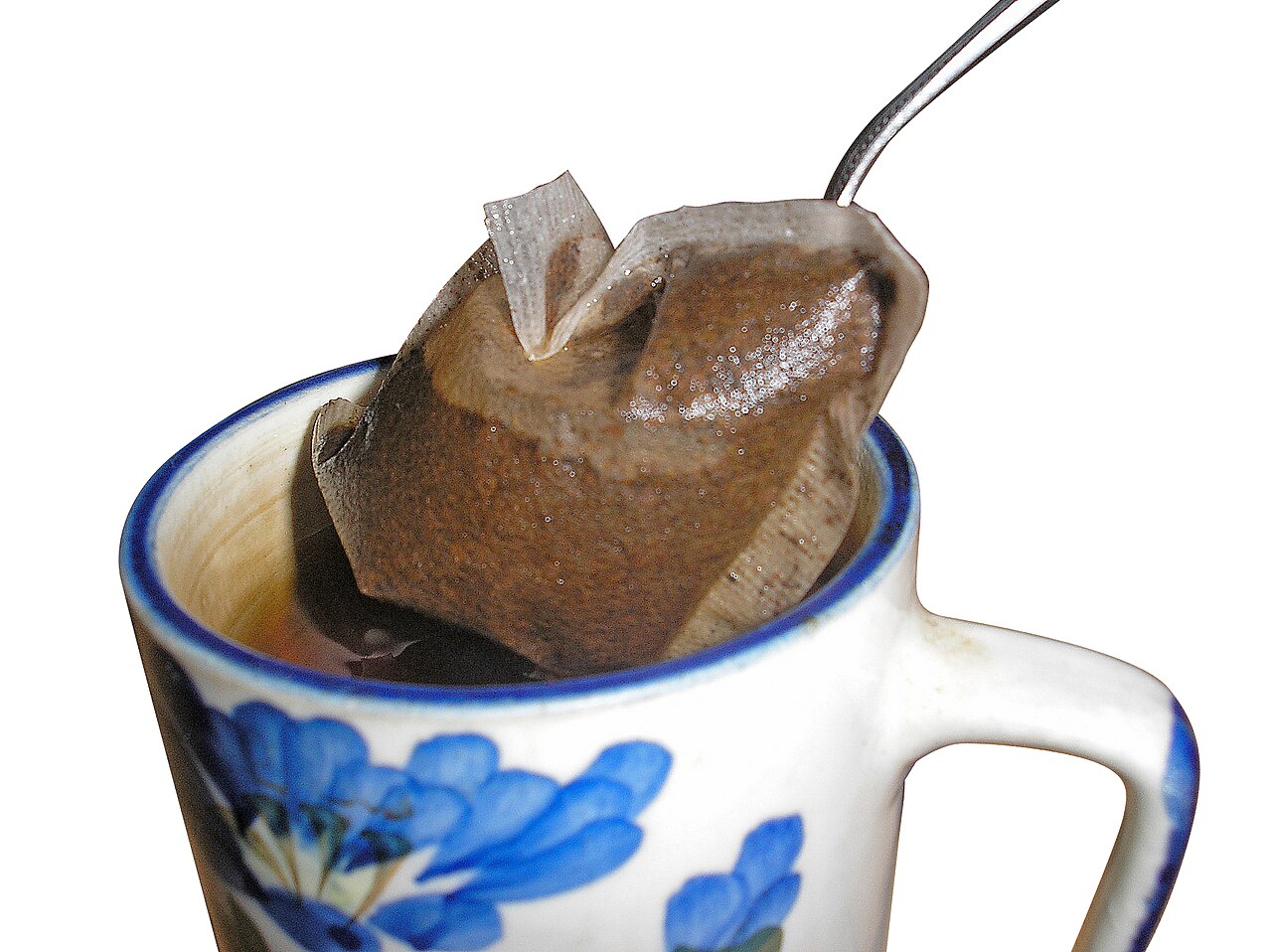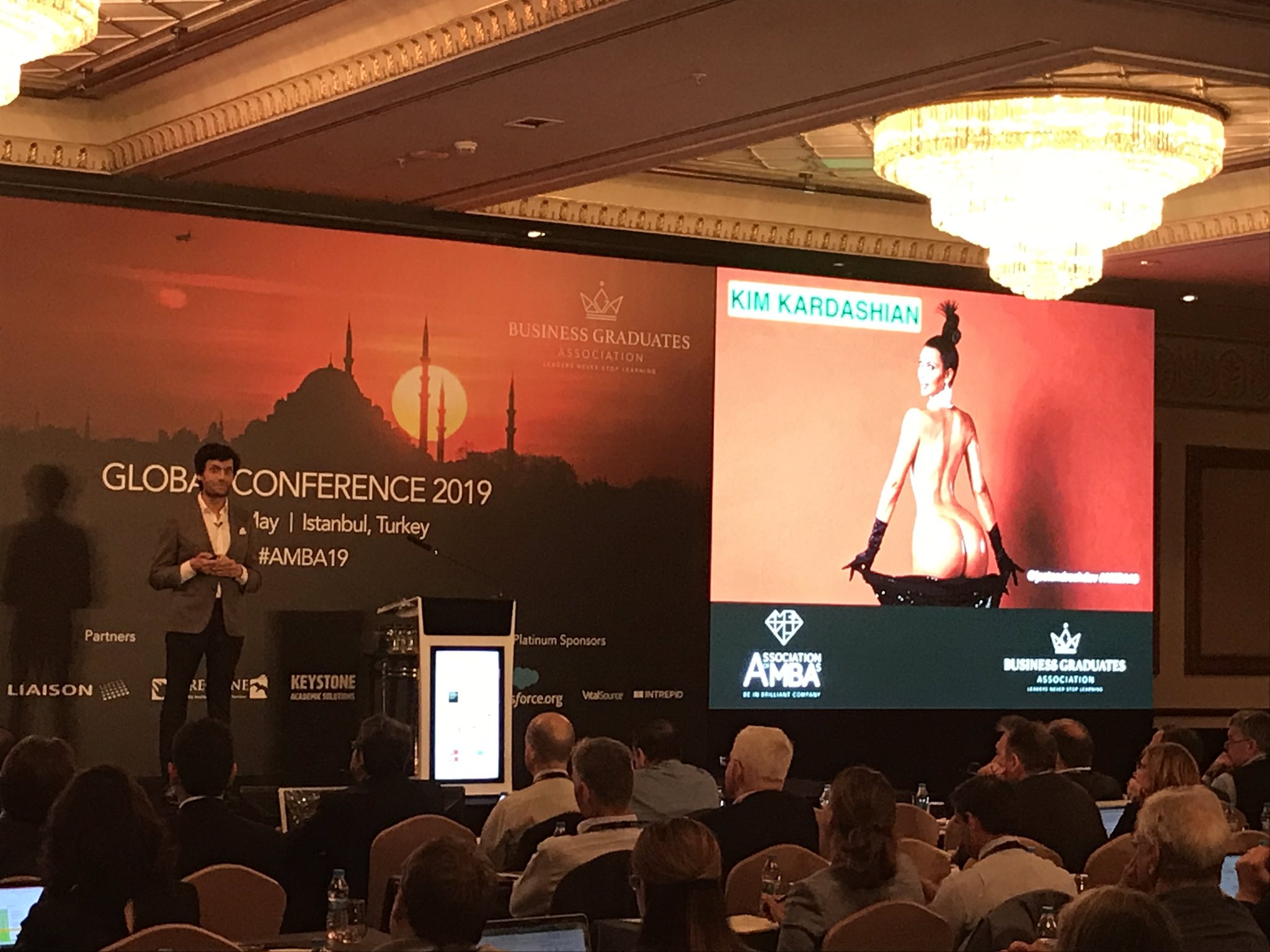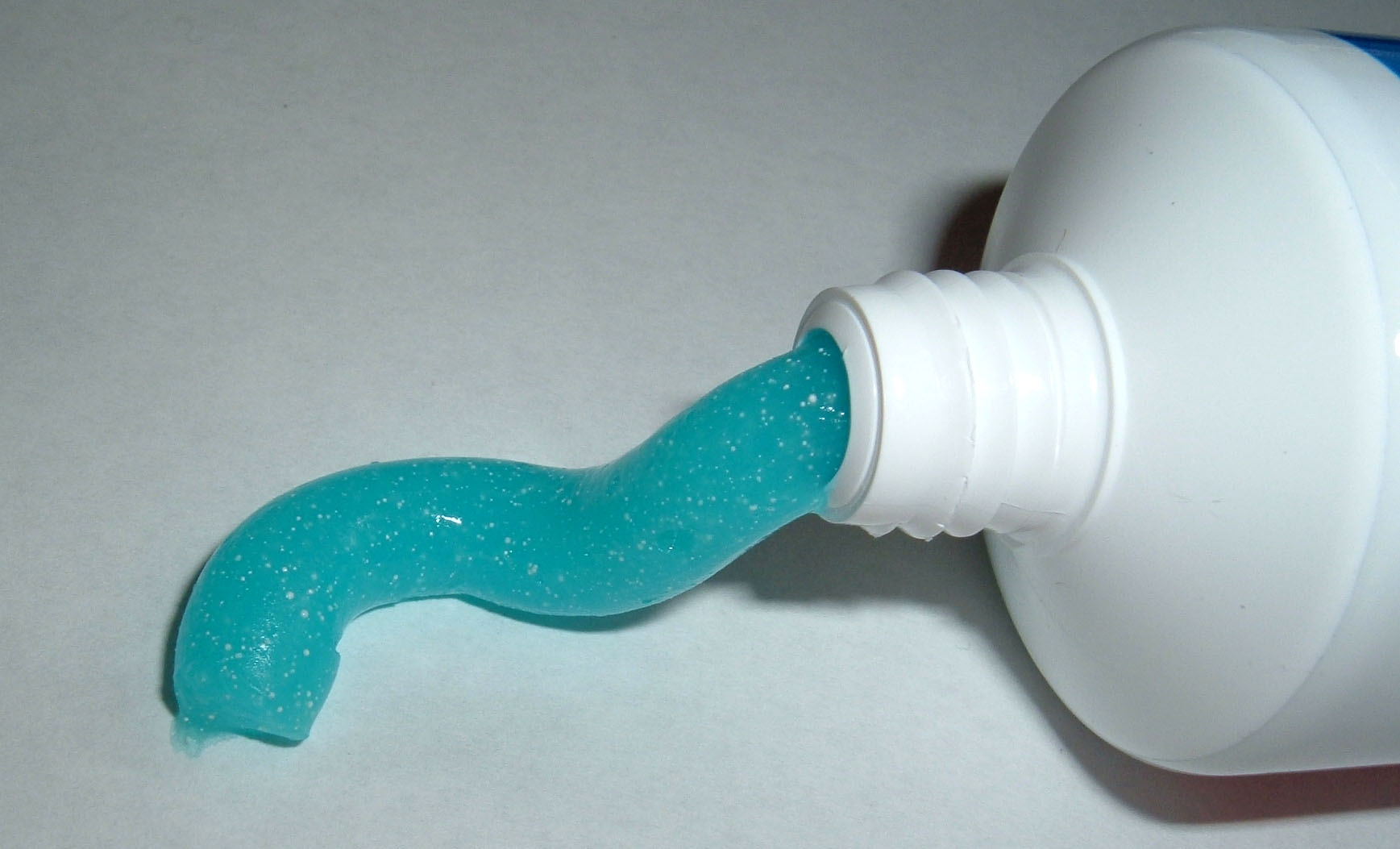Extroverts instantly pour out their inner self in one go: like streams of rainwater after rain. Introverts communicate slowly and intently: like spring water welling up from deep underground.
CorporateNature Metaphor Series, No 120
Two key categories in personality tests are “introvert” and “extrovert”. Although it is true that we tend toward a certain pattern of behaviour which can be labelled as “introverted” or “extroverted”, no person is completely one or the other - it is a spectrum. Swiss psychoanalyst Carl Jung gave the following definition: “Each person seems to be energised more by either the external world (extraversion) or the internal world (introversion).”
CorporateNature Metaphor Series, No 120
Two key categories in personality tests are “introvert” and “extrovert”. Although it is true that we tend toward a certain pattern of behaviour which can be labelled as “introverted” or “extroverted”, no person is completely one or the other - it is a spectrum. Swiss psychoanalyst Carl Jung gave the following definition: “Each person seems to be energised more by either the external world (extraversion) or the internal world (introversion).”
1. Extroverts are like surface runoff after heavy rainfall.
When there is an excess of stormwater or meltwater (external influence), it forms a stream. This flow is strong at first but quickly dries up after the external influence is no longer present. In the same way, extroverts get energised by social interaction but are prone to mood dips during periods of “drought” in their social life. Famously, when asked a question extroverts first speak and then think: everything comes out at once, just like surface runoff.
2. Introverts are like rivers fed by groundwater.
A river valley rich in groundwater provides a steady inflow to the river over extended periods of time. While the river is still affected by external factors (water levels rise and drop seasonally), the regular groundwater flow ensures that the river will not dry up. Similarly, introverts source their energy from their internal world. While introverts may occasionally get overwhelmed by prolonged social interactions, all the tools they need to recharge are within themselves. And when asked a question, introverts first think and only then speak, like the slow discharge of groundwater into a river system.
 |
| Surface runoff (image source: Wikipedia) |






















